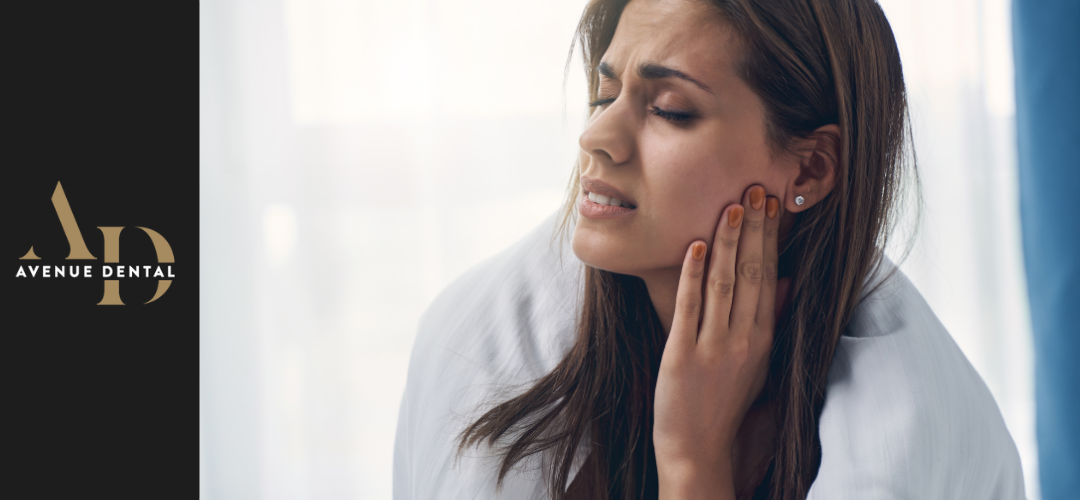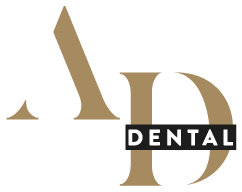Tooth Extraction Aftercare: What to Eat, Avoid & Expect
Tooth extraction can feel daunting — especially if it’s unexpected or an emergency. But knowing how to take care of your mouth afterwards can help prevent complications, reduce pain, and support a smooth recovery.
At Avenue Dental Practice in Leamington Spa, our clinical team has guided hundreds of patients through both planned and emergency tooth extractions. In this article, we’ll answer the questions we get asked the most — including what to eat after tooth extraction, things to avoid, and how to manage the first night after tooth extraction.
Whether you’ve just had a tooth removed or you’re preparing for treatment, this is a clear, expert-backed guide to help you heal with confidence.

Why Teeth Sometimes Need to Be Removed
Tooth extraction is usually a last resort — but sometimes it’s the best option to protect your oral health. Common reasons include:
- Deep decay or infection
- A broken tooth that can’t be repaired
- Gum disease that has loosened a tooth
- Overcrowding before orthodontic treatment
- Impacted or painful wisdom teeth
If you’re in severe pain or have swelling or trauma, you may need an emergency tooth extraction. Our team at Avenue Dental Practice is equipped to provide urgent care with compassion and professionalism.
What Happens After a Tooth Extraction?
After your tooth is removed, your dentist will place a sterile gauze pad over the area to stop the bleeding. A blood clot will begin to form — and protecting that clot is crucial to your recovery.
Dislodging it can lead to a painful condition called dry socket, which exposes the bone and delays healing.
You’ll be sent home with aftercare instructions and, in most cases, you can manage discomfort with over-the-counter pain relief. If your case is complex or you’re nervous, we’ll always take extra time to support you before and after treatment.
What to Eat After Tooth Extraction
Eating soft, nourishing foods is one of the best ways to support healing — especially in the first few days. But what to eat after tooth extraction also matters because the wrong foods can cause irritation, pain, or even infection.
Here’s what we recommend in the first 24–48 hours:
- Mashed potatoes or root veg purée
- Scrambled eggs
- Smooth soups (lukewarm, never hot)
- Yoghurt
- Porridge or well-cooked oats
- Smoothies (but don’t use a straw)
To get more detailed nutritional guidance, we often refer our patients to this excellent article by Colgate, which outlines a range of safe and soothing food options. For medical-based advice on recovery, this Healthline guide also provides reliable information, especially after wisdom teeth removal.
The First Night After Tooth Extraction
The first night after tooth extraction can be uncomfortable, but following some simple steps can significantly ease the experience:
- Keep your head elevated: Use an extra pillow to avoid extra pressure on the wound.
- Change the gauze as instructed: Replace it only when needed.
- Apply a cold compress: This helps control swelling (15 minutes on, 15 minutes off).
- Take prescribed or recommended pain relief: Usually ibuprofen or paracetamol.
- Do not rinse or spit: This could dislodge the clot.
These tips align closely with NHS recommendations, such as those in this NHS patient leaflet and the Oxford University Hospitals advice guide. We often share these with our patients because they are trusted, clinically reviewed resources.
Things to Avoid After Tooth Extraction
There are some clear things to avoid after tooth extraction, especially in the first 3 days:
- No smoking: It slows healing and increases the risk of dry socket.
- No alcohol: Alcohol can interfere with clotting and affect medications.
- No using straws: The suction can remove the clot.
- No vigorous rinsing: Wait at least 24 hours before using any mouthwash.
- No touching the site with your fingers or tongue.
- No hard, crunchy or hot foods until fully healed.
It’s easy to underestimate how sensitive the area can be — even small actions can lead to discomfort or complications if the site is disturbed.
Replacing an Extracted Tooth
Once your mouth has healed, replacing a missing tooth is the next step to restoring function and appearance. At Avenue Dental Practice, we offer several solutions, including:
- Dental implants – the most durable and natural-looking option
- Dental bridges
- Dentures
You can learn more about the benefits and process on our Dental Implants in Leamington Spa page. Dental implants help prevent the jawbone shrinkage that occurs after losing a tooth and restore your ability to eat and speak comfortably.
Why Regular Checkups Matter
Most tooth extractions can be avoided with early intervention. Attending routine appointments means we can spot potential problems early, before they lead to tooth loss or emergency treatment.
Our dental checkups in Leamington Spa are designed to be relaxed, thorough, and tailored to your needs. Whether it’s your first visit or you’re returning after a long time, we’re here to help you keep your mouth healthy.
Conclusion
Tooth extraction is a common dental procedure, but recovery depends on good aftercare. Knowing what to eat after tooth extraction, managing the first night after tooth extraction, and understanding things to avoid after tooth extraction will give your mouth the best chance of healing without complications.
If you’re looking for guidance, support, or need an emergency tooth extraction, the team at Avenue Dental Practice is here for you — with clear advice, experienced care, and options to replace missing teeth when you’re ready.
Commonly asked questions - tooth extraction
Most patients feel better after 3–5 days. Full healing of the gum tissue can take 1–2 weeks. It’s important to follow your dentist’s instructions to avoid delays.
Not quite — stick to soft, cool or lukewarm foods like soup, scrambled eggs, or yoghurt for the first few days. Avoid spicy, crunchy or hot foods that may irritate the site.
Use an extra pillow to prop your head up, avoid lying flat, and follow your dentist’s advice for pain management. This helps control swelling and bleeding.
Some bleeding is normal in the first few hours. If it continues or becomes heavy, contact your dentist immediately — especially if you’ve had an emergency tooth extraction.
If you have severe pain that starts 2–3 days after your extraction, or if you notice a bad taste or smell, you may have a dry socket. Call your dentist straight away.

